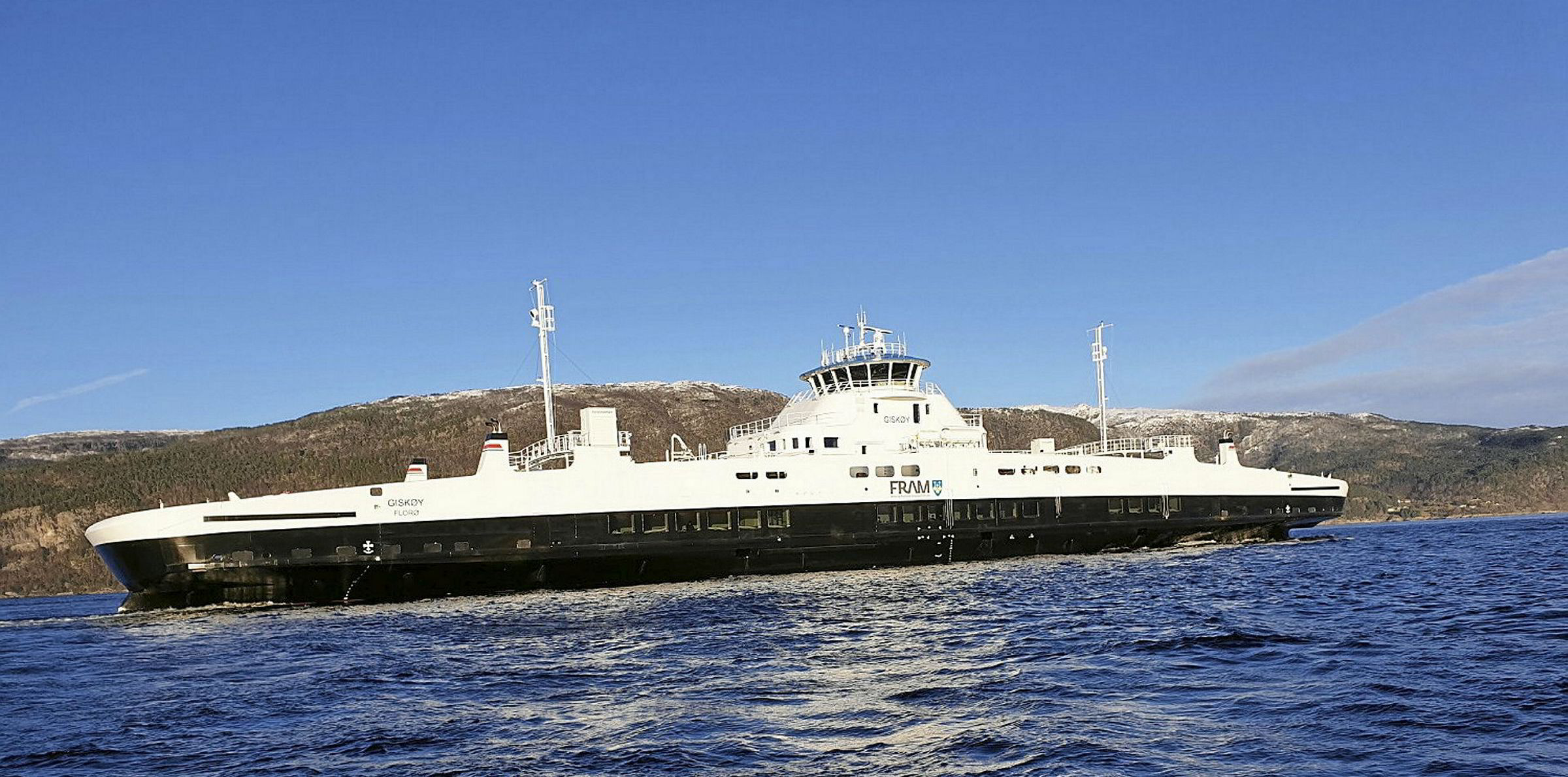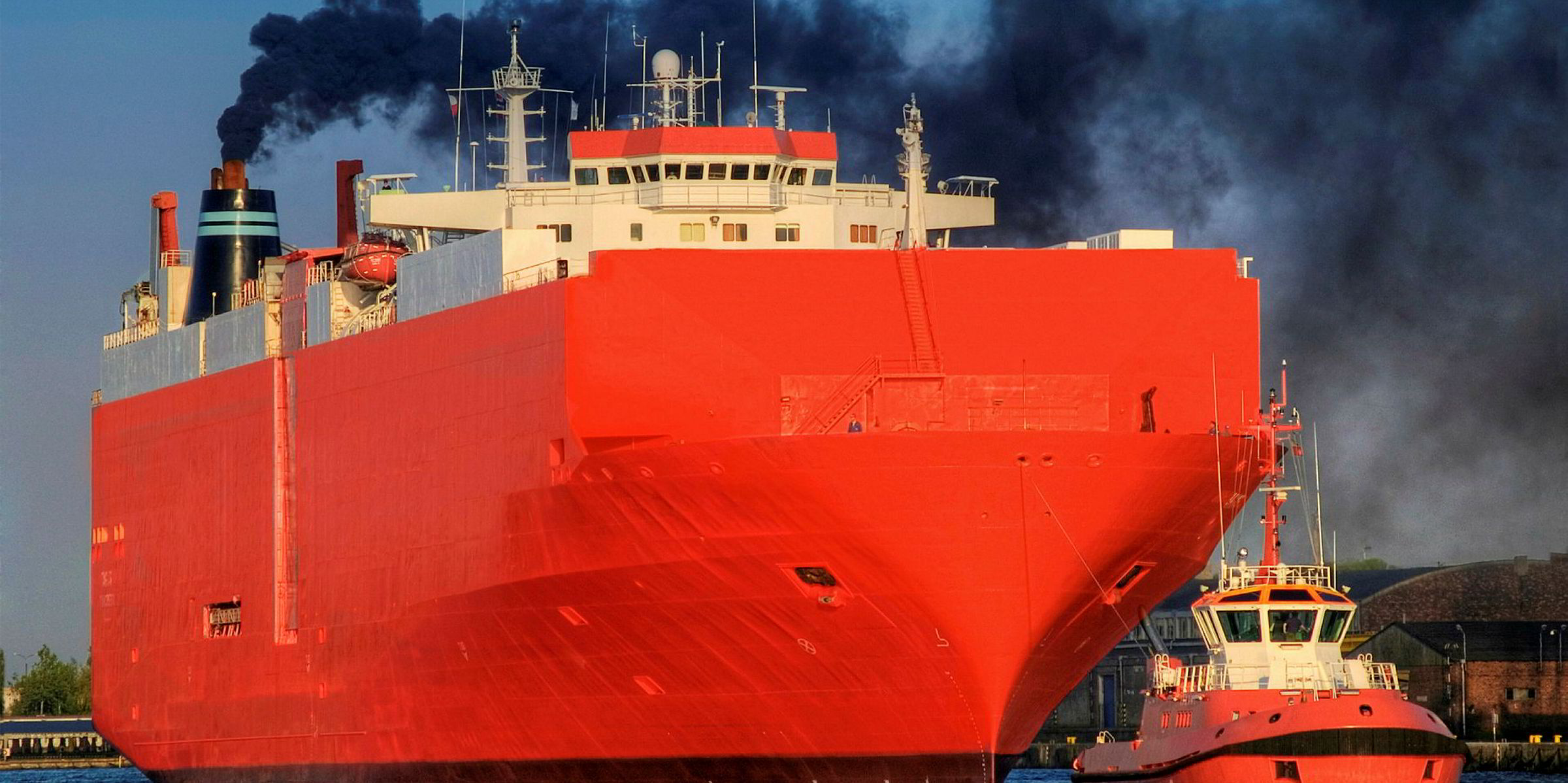It’s difficult to break established patterns of behaviour. Once something becomes the norm it is accepted as “conventional wisdom”, even when it’s not in the slightest bit smart.
And that’s what has happened with shipbuilding.
There’s always a focus on capital expenditure (capex) — What will this ship cost? Can we make it any cheaper? How does it compare to what I can get from another yard?
In an industry where the smallest margins are seemingly a matter of (commercial) life and death, the race to the bottom continues to gather pace. But who are the winners?
Significant strain
I understand that shipowners and shipyards are under huge financial strain, especially now. If you can save money, you do. Why wouldn’t you? Maybe because it’ll end up costing more.
Shipbuilders are under pressure to push out vessels as cheaply as possible. It’s what everyone does. Build quickly, often without having an owner lined up, sell quickly and move on to the next project.
But being cheap isn’t the same as delivering value. Capex savings for shipowners can be far outstripped by operational expenditure (opex) over a vessel’s lifetime — or even over the first few years.
At present, extreme short-term pressure is fuelling the need for short-term savings.
But it’s bad for everyone. Yards are forced to slash prices, shipowners don’t get the best value and society doesn’t get higher environmental performance.
'Conventional wisdom'
But because this is "conventional wisdom", we keep on making the same mistakes, over and over again, ship after ship after ship.
We need to reboot the system. And green, sustainable solutions should be the first factor programmed in.
Unfortunately, green technology usually costs more, which is why yards don’t tend to offer truly green solutions in newbuildings, unless specifically pressured to do so.
Wouldn’t you rather spend $50,000 on a car that costs virtually nothing to run and had a higher resale value than one that cost $40,000 and $5,000 a year to run? And what if that car was more reliable and better for your children and the world?
So, yes, capex may be higher. But what if opex could be considerably lower? Wouldn’t you rather spend $50,000 on a car that costs virtually nothing to run and had a higher resale value than one that cost $40,000 and $5,000 a year to run? And what if that car was more reliable and better for your children and the world?
It should not be a difficult decision. But we’re talking about ships.
If shipowners aren’t yet seeking greener solutions en masse, they are coming round to the idea. And once demand is there, the yards will meet it.
However, shipbuilders could move to create that demand, too.
Surely there’s a business opportunity to integrate green technologies into newbuildings, marketing them as responsible and cost-effective assets that will deliver compelling long-term benefits.
Why can’t smart yards differentiate themselves as pioneers in long-term value and reputation?
Governments have a role to play, too. By rewarding yards and owners for greener building initiatives, they can provide incentives while positioning their national industries as the shipbuilders of the future. There’s no downside to that.
Shipbuilding is a business, and businesses need to make money. My argument is the way to do this, a way that truly benefits all of shipping’s myriad stakeholders, is not by cutting costs, but by providing value.
Call this unconventional if you want, but I believe it is wisdom. If we keep focusing on short-term capex, we’ll all end up paying in the long term — and nobody wants that.
Asbjorn Halsebakke is director of marine technical solutions at Yaskawa Environmental Energy/The Switch, which makes innovative drive train technology for shipping.
Do you have an opinion to share?
Email: news@tradewindsnews.com







